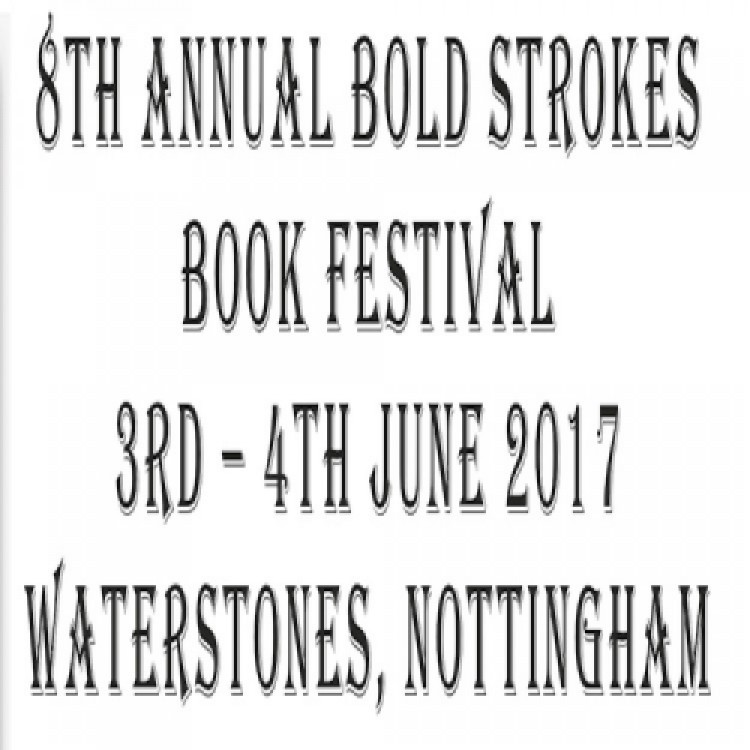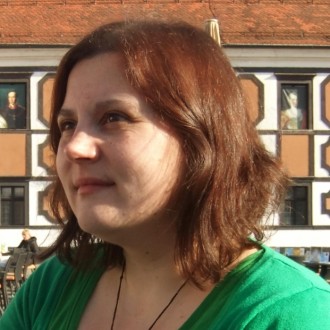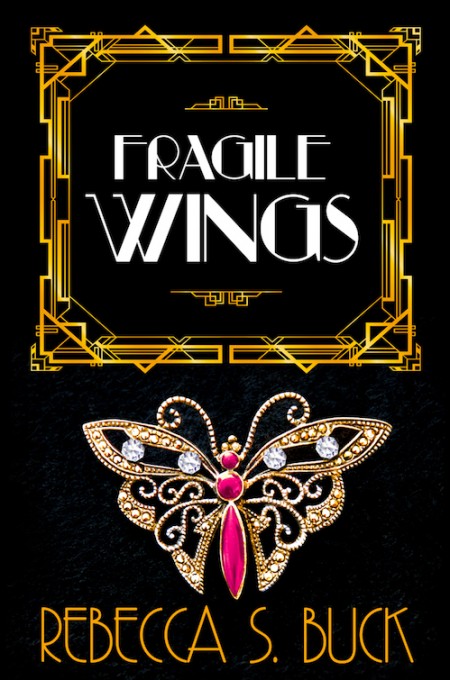Rebecca Buck blogs:
I’ve not done very much reading or writing lately. Life has been very busy with work, wedding planning, and politics. Anyone who follows any of my social media feeds will know I’m very political. I’m one of those people who feels the Brexit vote like a sharp arrow in my very European heart. I’m befuddled by a world in which Trump has any power, let alone the most powerful job on the planet. And I see LGBT+ folk and other minorities persecuted in horrific ways and it’s hard not to despair. I don’t like the real world very much at the moment.
One of the problems of the real world is that it takes away the time I have to escape into fiction – be that as a writer or a reader. I started this blog thinking I would write about fiction as a way of escaping the real world. And it’s undoubtedly a powerful tool for that. We can travel to other times, places, worlds in just a few pages. As a reader and writer of historical fiction, the ability to time travel through the written word is something that has meant a lot to me since childhood.
But, in this world-gone-mad fiction serves another purpose. It is a form of activism, it is a way of asserting a viewpoint, an identity, of gently raising an awareness of other lives, other cultures, of who we are. In this sense it’s not an escape, not something removed from reality, it’s fundamental to our existence.
People have always told stories, since the ancient bards. Yes, they’re works of creative art, they provide a spark for the imagination. But if that was all stories did, I don’t think they’d feel so important to us. And this is where LGBT+ fiction and LGBT+ positive fiction is so important, and why the ongoing success of the Bold Strokes Books Nottingham festival is so heartening.
I’m bi. Perhaps pan would be more accurate, since I can be attracted to anyone of any gender or no gender. But bi is the more easily understood term. Being bi is difficult. I’ve been erased and questioned by both straight and gay people. I’m in a relationship with a man – so am I no longer attracted to women? And if I am attracted to women, how does he know I’m not going to run off with a woman, how can he trust me? Was I really straight all along and was being attracted to women just a phase? Or am I just a lesbian in denial? I question myself too. Should I keep coming out on such a regular basis? Or settle for passing as straight, since it makes life easier? Bi people are so often seen as not having a legitimate identity, or just as confused or promiscuous. It’s very hard to feel the traditional ‘pride’ in something that is attacked on all sides.
But on the days I’m feeling a bit lost, or questioning myself, using fiction as a point of reference for my feelings and identity really helps. One of the factors in my realisation of my sexuality was discovering the works of Sarah Waters – particularly Tipping the Velvet. When I remember how I felt reading Kitty and Nan’s love story, there’s no way I could or would suppress the part of me that is attracted to women. Exploring my sexuality freed my writing from trying to fit the ‘traditional’ heterosexual love story mould and I discovered how much I enjoyed writing tales of women loving women, especially giving life to women from the past, the queer women whose stories would never have been written down in reality. My latest novel, (published last year) Fragile Wings, has a protagonist who is subtly bi rather than gay. She is momentarily attracted to a male character before being swept off her feet by her female love. As I grow more comfortable with myself, so my characters evolve and reflect aspects of who I am. Of the complexities of who we all are. Fiction can show us who we are - in both reading and writing.
And thus fiction reflects reality, and helps shape my reality. I’m talking about love and attraction, and how we identify, of course, perhaps trivial compared to some of what the world is dealing with at the moment. But in this world-gone-mad, how we identify, how we define our priorities, how we strengthen ourselves and find our safe-places can be key. They're not always escapes. They're sometimes places where we feel the boundaries are secure and we can truly know ourselves, in reality.
I don’t think fiction is a place to escape. I think it is a place to find ourselves amid the chaos. So I better get back to reading, and writing. I look forward to celebrating all that we are in Waterstones on 3rd and 4th June. See you there.


